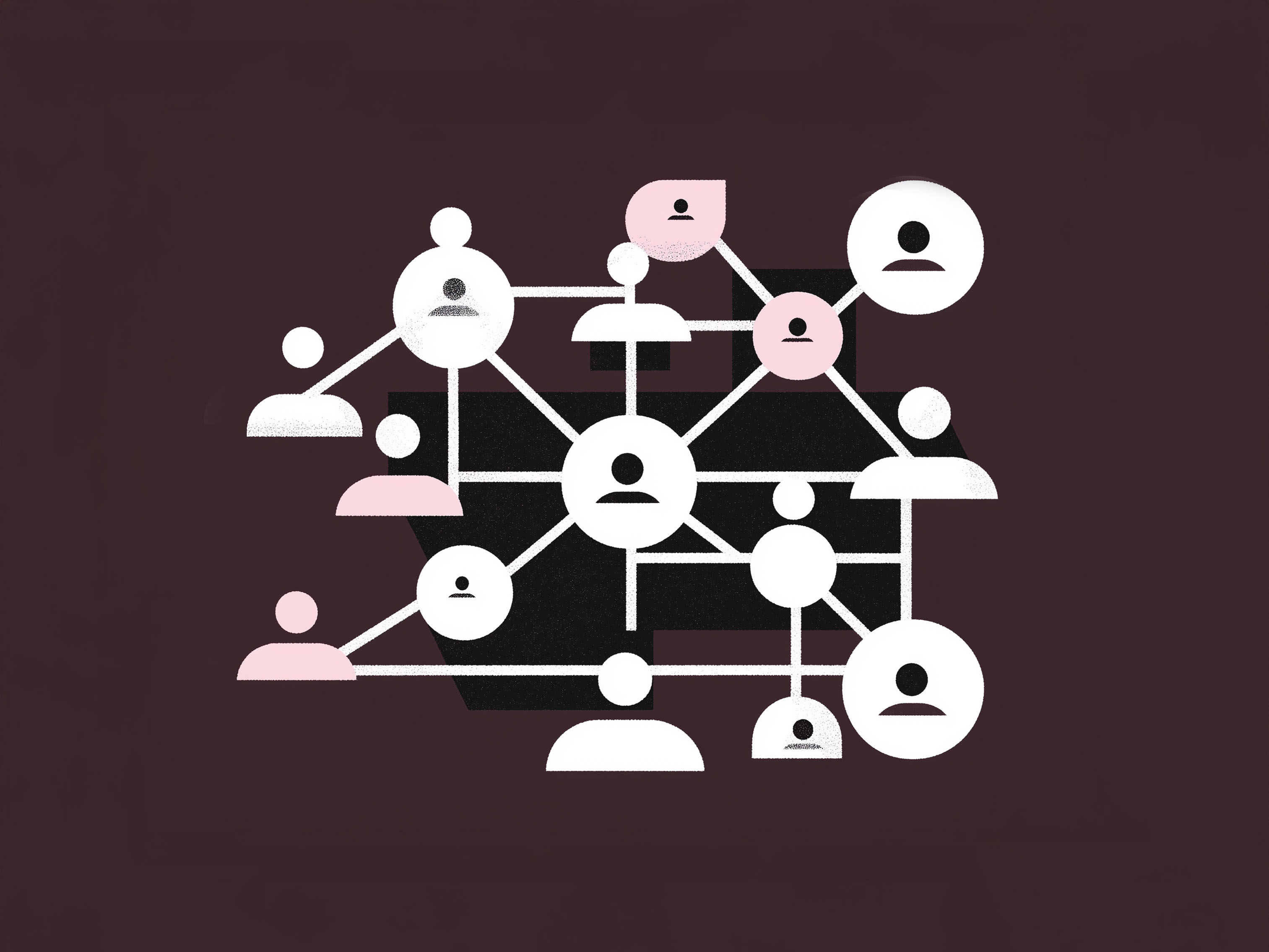When it comes to getting paid as a freelancer, there are two important terms to understand. Those terms are net pay and gross pay.
Gross pay is the amount of money you pay yourself before any taxes and deductions are taken out. For example, when you're planning out your year and say to yourself, “I’ll pay myself $100,000 a year,” it means you will earn $100,000 in gross wages.
Net pay is the amount of money you take home after all deductions have been taken out. This is the money you have in your bank account on payday.As a freelancer, you'll need to pay self-employment taxes if you earn $400 or more. While you may not owe any income taxes, you must pay self-employment taxes in addition to any regular income taxes. You must file a tax return if you gross $400 or more.
But what if I earned less than $400 after expenses I paid from freelancing?
If you have business expenses that should be taken into account, you have to file a Schedule C or Schedule C-EZ to indicate that to the IRS.Let's use an example. Say you earned $5,650 as a freelancer but you had $5,300 of expenses. While your net earnings are $350, you'd still have to file your tax returns because you grossed more than $400 in self-employment income.
What business expenses can I deduct from my taxes?
Any items or materials you need for your business can qualify for a deduction. As with all freelance expenses, these deductions must directly relate to your business. For example, you can't write off a class on coding skills if you're a graphic designer. You also can't write off education costs that prepare you for a new career, like a Masters Degree in Animation. Common expenses to write off:
- Business-related food expenses
- Lodging costs
- Office expenses
- Required equipment or materials (eg: Adobe Photoshop)
- Home office expenses
Since most freelancers work from home, the home office deduction can apply. The IRS allows you to write off a portion of your rent, utilities, and internet bill for portions of your home that you use as an office. However, your office space must be exclusively used for your self-employment work. For example, you can't sit in your kid's bedroom from 9 to 5 and consider that your home office.Being your own boss has its perks, but remember to set aside enough each paycheck to pay for quarterly taxes for Federal, State estimated payments.
Creating a separate business savings account for taxes will help you keep track of what you can spend and what you'll owe in taxes at the end of each fiscal year.
With Wingspan’s new bookkeeping feature, you always have a real-time picture of your business’s health. It automatically flags potential tax deductions to maximize your savings, gives you an estimated amount of taxes you may owe, and shows you an up-to-the-minute profit and loss statement. Sign up for a 30-day Wingspan free trial.
You Might Also Like:
How to File Self-Employment Taxes: A Step-By-Step Guide
How to Manage Small Business Bookkeeping
How to Figure Out if You Should Take a Home Office Deduction




